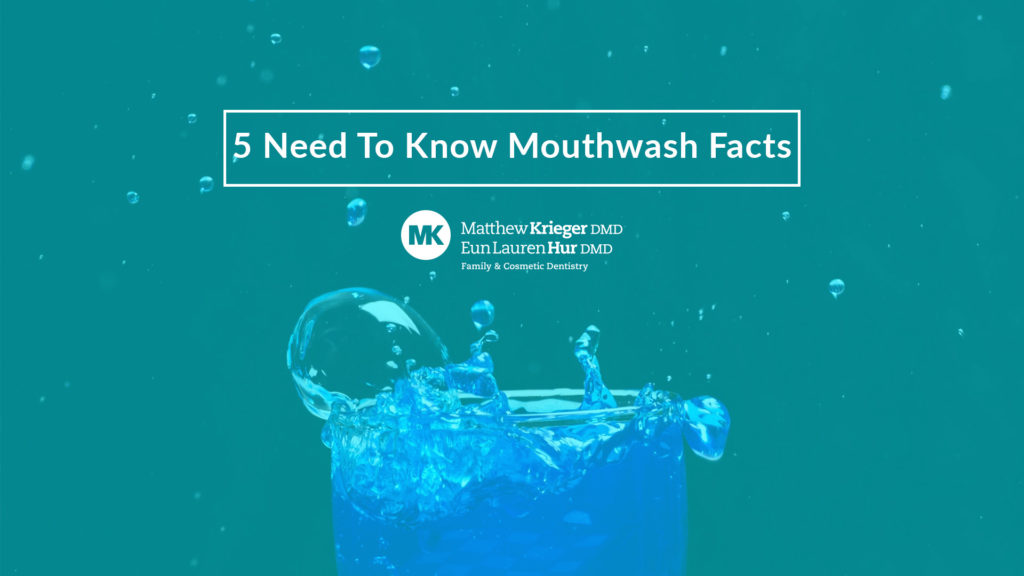12 Mouthwash Facts To Know Before Expiring

The world of mouthwash can be a complex and often overlooked aspect of oral hygiene. With so many options available, it’s easy to get lost in the sea of ingredients, benefits, and myths surrounding these products. As we delve into the realm of mouthwash, it’s essential to understand the intricacies that govern their effectiveness, usage, and potential drawbacks. Here, we’ll explore 12 crucial mouthwash facts that you should know before making your next purchase or rinsing with your current favorite.
1. Historical Roots of Mouthwash
Mouthwash has been used for centuries, with early civilizations employing various concoctions to freshen breath and clean teeth. The ancient Chinese, for instance, used a mixture of mint, salt, and other herbs to achieve a cleaner, fresher mouth. Understanding the historical context of mouthwash can provide insights into its evolution and the reasoning behind its continued use.
2. The Importance of Ingredients
The efficacy of mouthwash largely depends on its ingredients. Active ingredients such as chlorhexidine, essential oils (e.g., eucalyptus, menthol), and fluoride are commonly found in mouthwashes and serve different purposes, including reducing plaque, gingivitis, and bad breath. It’s crucial to choose a mouthwash with ingredients that align with your oral health needs.
3. Differences Between Cosmetic and Therapeutic Mouthwashes
Not all mouthwashes are created equal. Cosmetic mouthwashes are designed to control bad breath and leave a pleasant taste, while therapeutic mouthwashes are intended to prevent or reduce conditions such as gingivitis, plaque, and tooth decay. Understanding the purpose of your mouthwash can help you make informed decisions about your oral care routine.
4. Usage Guidelines
Proper use of mouthwash is vital to reap its benefits. Most mouthwashes should be swished around the mouth for 30 seconds to 1 minute before spitting out. It’s also recommended to use mouthwash at a different time than brushing your teeth to maximize its effectiveness.
5. The Role of Fluoride in Mouthwash
Fluoride mouthwashes can be particularly beneficial for individuals at high risk of tooth decay. Fluoride helps strengthen tooth enamel, making teeth more resistant to decay. However, it’s essential to follow the recommended fluoride levels, as excessive fluoride consumption can lead to fluorosis.
6. Mouthwash and Dry Mouth
Some mouthwashes can exacerbate dry mouth (xerostomia), a condition characterized by reduced saliva flow. Saliva plays a critical role in oral health, helping to neutralize acids and wash away bacteria. If you suffer from dry mouth, look for mouthwashes that are designed to combat this issue or consult with your dentist for recommendations.
7. The Impact of Mouthwash on Oral Ulcers and Canker Sores
For individuals prone to oral ulcers or canker sores, certain mouthwashes can provide relief. Some contain ingredients like aloe vera or hydrogen peroxide, which can help soothe and heal these sores. However, it’s crucial to choose a mouthwash that won’t irritate the mucous membranes further.
8. Mouthwash for Gum Disease
Therapeutic mouthwashes containing chlorhexidine are often prescribed for individuals with gum disease (gingivitis or periodontitis). These mouthwashes can help reduce the depth of periodontal pockets and prevent further disease progression when used as part of a comprehensive treatment plan.
9. Pregnancy and Mouthwash Use
Pregnant women should exercise caution when using mouthwash, especially those containing alcohol or high levels of essential oils. It’s recommended to consult with a healthcare provider or dentist before using any new mouthwash during pregnancy.
10. Children and Mouthwash
Children should use mouthwash under adult supervision, and the product should be chosen based on the child’s age and oral health needs. Many mouthwashes are not suitable for young children due to the risk of accidental ingestion, so it’s essential to select a product specifically designed for children.
Pros and Cons of Using Mouthwash in Children
- Pros: Can help prevent tooth decay and reduce bad breath when used correctly.
- Cons: May contain ingredients harmful if ingested, and improper use can lead to accidental swallowing.
11. The Link Between Mouthwash and Oral Cancer
There has been speculation about the potential link between mouthwash use, particularly those containing alcohol, and an increased risk of oral cancer. While some studies suggest a possible correlation, the evidence is not conclusive, and more research is needed to fully understand this relationship.
12. Future Trends in Mouthwash Technology
As research continues to advance, we can expect to see the development of more sophisticated mouthwashes that not only address traditional oral health concerns but also incorporate emerging trends such as antimicrobial peptides, nanotechnology, and personalized oral care products tailored to individual genetic profiles.
What is the primary difference between cosmetic and therapeutic mouthwashes?
+Cosmetic mouthwashes are designed to freshen breath and reduce bad taste, whereas therapeutic mouthwashes are intended to prevent or treat oral health conditions like gingivitis, plaque, and tooth decay.
How often should I use mouthwash?
+The frequency of mouthwash use depends on your oral health needs and the type of mouthwash you're using. Generally, mouthwash can be used once or twice a day, but always follow the manufacturer's instructions or your dentist's advice.
In conclusion, mouthwash is a valuable tool in the pursuit of excellent oral health, offering a range of benefits from freshening breath to combating gum disease. By understanding the complexities and nuances of mouthwash, including its history, ingredients, usage guidelines, and potential effects on various oral health conditions, individuals can make informed decisions that tailor to their specific needs. As the field of oral care continues to evolve, staying abreast of the latest developments and research will be key to optimizing the use of mouthwash as part of a comprehensive oral hygiene routine.

